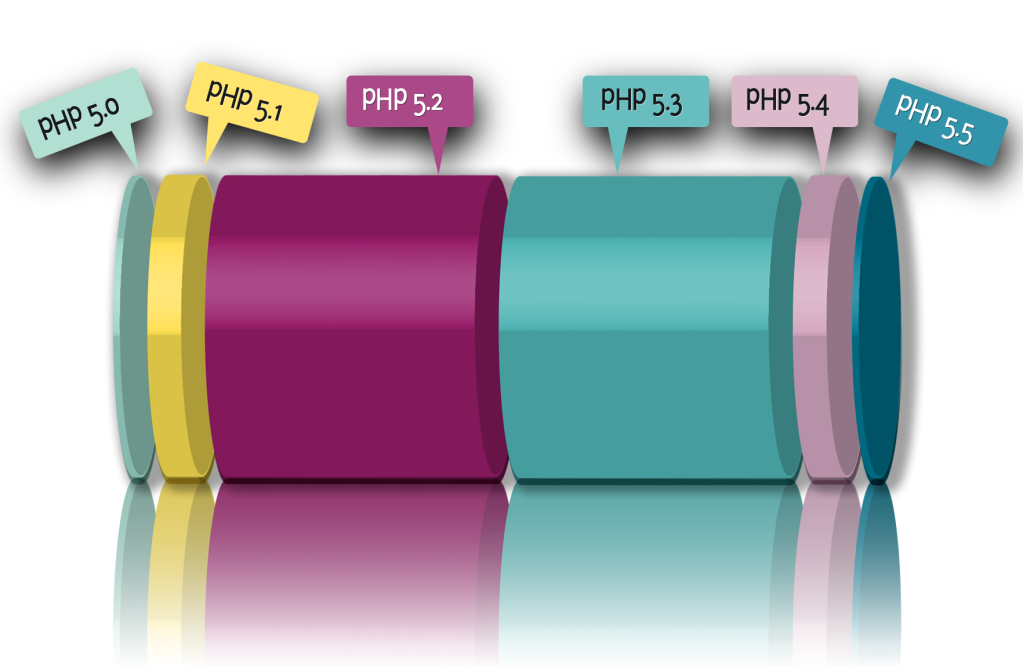Category Archives: php
Using Charles To Debug PHP SOAP
SoapClient has the ability to enable tracing and give information about the request/response headers/body, which is useful, but I needed to store the outputs and also rewrite a particular request header during the course of debugging this. Enter: Charles Proxy. Continue reading PSR-What?
PSR
Let’s begin at the beginning. Once upon a time, at a conference, the lead developers from a selection of frameworks sat down in the same room (they are better at it nowadays, at the time I might not have believed it had I not been there) and agreed some standards for all their projects to use. The aim is to make PHP frameworks and libraries easier to combine for users, and so it was that php-fig: the PHP Framework Interop Group was born. This group of awesome individuals oversee the PHP Standards Recommendations (PSRs). Continue reading
Twitter Search API Using PHP and Guzzle
file_get_contents in the general direction of the right URL. Continue reading PHP Version Adoption

What’s alarming about this is that the left half of this graph represents unsupported versions of PHP. PHP 5.2 has been end of life since January 2011. This doesn’t mean that you can’t use it any more, but it does mean that in terms of security updates, you are out of luck. Some distributions will try to retro-fit some of the fixes but essentially your PHP applications seem a bit lacklustre because, well, you’re using technology from 2006. Continue reading
Simplest PHP Generator Example
Writing a Generator
The generators use the yield keyword to feed values out as they are iterated over. In code, they really look a lot like a function (or method):
<?php
function getValues() {
// totally trivial example
yield "Apple";
yield "Ball";
yield "Cat";
}
Continue reading
Setting Multiple Headers in a PHP Stream Context
In fact, you’ve been able to pass this as an array since PHP 5.2.10, so to set multiple headers in the stream context, I just used this:
<?php
$options = ["http" => [
"method" => "POST",
"header" => ["Authorization: token " . $access_token,
"Content-Type: application/json"],
"content" => $data
]];
$context = stream_context_create($options);
The $access_token had been set elsewhere (in fact I usually put credentials in a separate file and exclude it from source control in an effort not to spread my access credentials further than I mean to!), and $data is already encoded as JSON. For completeness, you can make the POST request like this:
<?php
// make the request
$response = file_get_contents($url, false, $context);
Hopefully this will help someone else doing the same thing next time (or at least I know I can come back here when I can’t remember!), the array approach seems more elegant and maintainable to me.
Video Course on Learnable: OOP PHP
On a related note, I’m also doing a Sitepoint “Talk with the Experts” session on 11th April (early morning UK time, as a special treat for everyone in Europe and further east, that doesn’t happen often!). There are more details here: http://www.sitepoint.com/forums/showthread.php?1012242-Talk-Object-oriented-PHP-with-the-Experts and I hope you can join me then.
First Phing Plugin
PHP and Gearman: Unable to connect after upgrade
Continue reading
